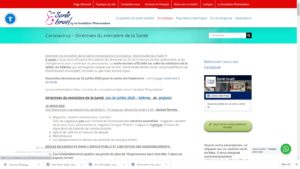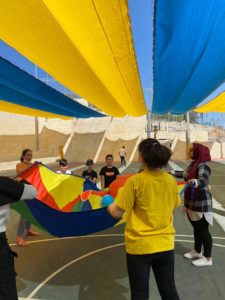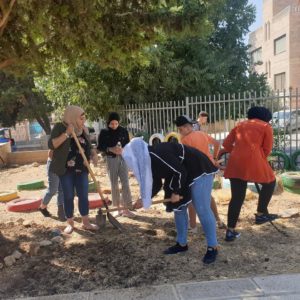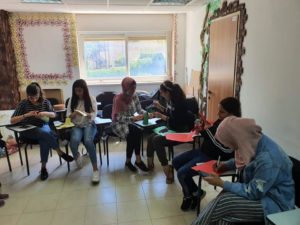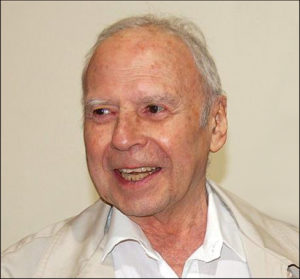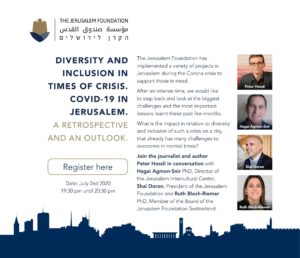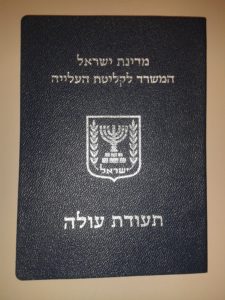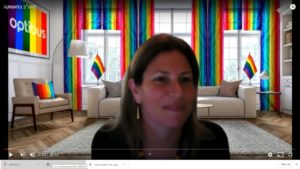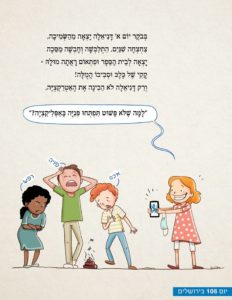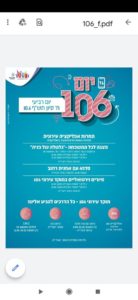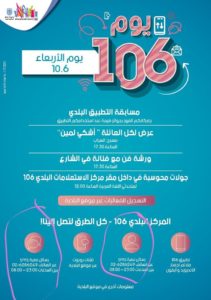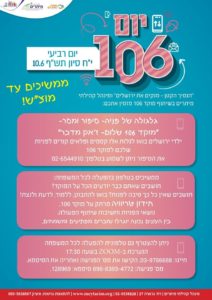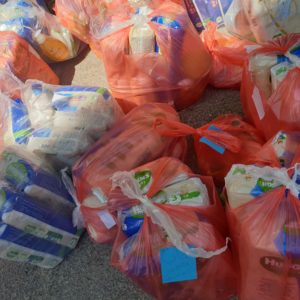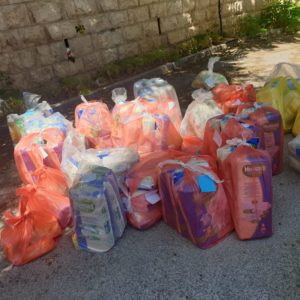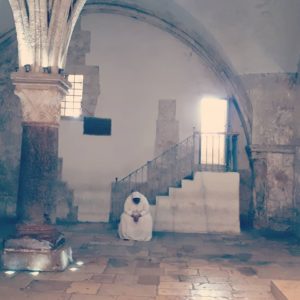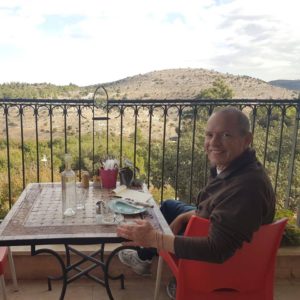Santé Israël – Go-to Site for Updates on the Coronavirus
We’ve posted here, here and here how Santé Israël has been helping French speakers – in Israel and even abroad – navigate the health care system in Israel.
Yesterday, on July 26, the Santé Israël web site broke its record – with 580 entrances to the site in one day! This was after posts on Facebook reached 7,500 people, with 600 engagements. This, too, was a record for the Facebook and website pages.
How did the word get out to so many people?
Well, there seem to be a number of factors. Over the previous week, Santé Israël director Marie Avigad shared the post to 50 groups and pages serving the French-speaking community in Israel. She also spoke about the coronavirus landing page at a Qualita Forum meeting. She also discussed it in a WhatsApp group for professionals and invited them to check out the web site. This was also just after many of the guidelines had changed, so there were a great number of people looking for reliable, comprehensive information, which can be found on the dedicated page for the coronavirus.
Keep up the good work Santé Israël!
Here’s the record-breaking post:
Many thanks to the Pharmadom Foundation for their continued support of Santé Israël over the years.

